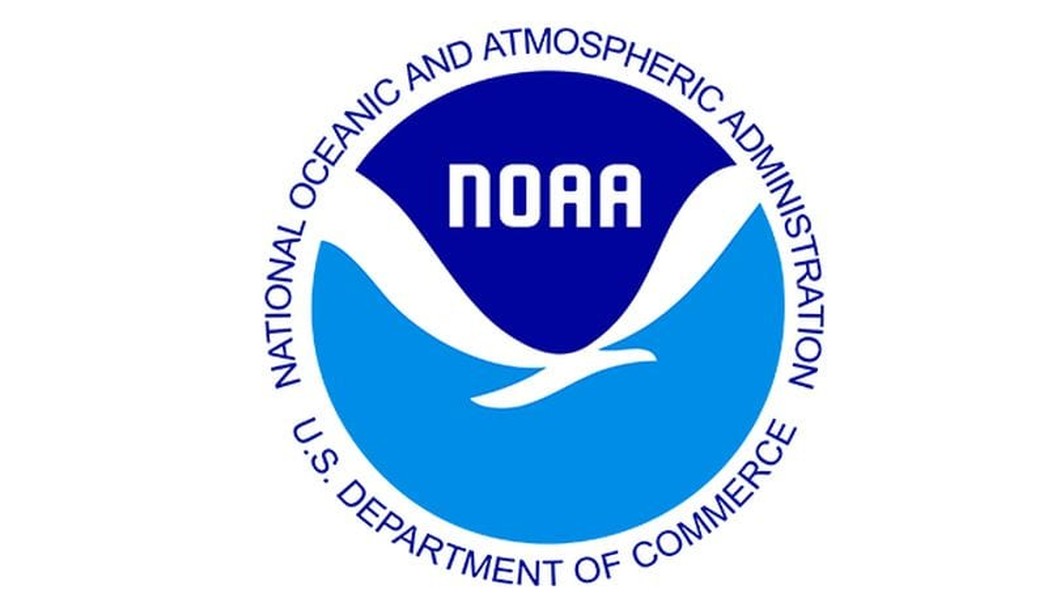The National Oceanic and Atmospheric Administration (NOAA) has been one of the most active government agencies in researching global warming. Several scientific programs at the agency have now been specifically targeted by the White House for drastic cuts and elimination as part of the administration’s effort to roll back Obama-era efforts to study what many Republicans believe to be a hoax, or at least, bad science.
The cuts might be as large as 17% of the total NOAA budget, although those numbers could change during negotiations between the administration and Congress.
The OMB outline for the Commerce Department for fiscal 2018 proposed sharp reductions in specific areas within NOAA such as spending on education, grants and research. NOAA’s Office of Oceanic and Atmospheric Research would lose $126 million, or 26 percent, of the funds it has under the current budget. Its satellite data division would lose $513 million, or 22 percent, of its current funding under the proposal.
The National Marine Fisheries Service and National Weather Service would be fortunate by comparison, facing only 5 percent cuts.
The figures are part of the OMB’s “passback” document, a key part of the annual budget process in which the White House instructs agencies to draw up detailed budgets for submission to Congress. The numbers often change during the course of negotiations between the agency and the White House and between lawmakers and the administration later on. The 2018 fiscal year starts Oct. 1.
A spokesperson for the Commerce Department declined to comment. A White House official who spoke on the condition of anonymity said that the process was “evolving” and cautioned against specific numbers. The official would not respond to questions about the four-page passback document.
The biggest single cut proposed by the passback document comes from NOAA’s satellite division, known as the National Environmental Satellite, Data and Information Service, which includes a key repository of climate and environmental information, the National Centers for Environmental Information. Researchers there were behind a study suggesting that there has been no recent slowdown in the rate of climate change — research that drew the ire of Republicans in Congress.
Another proposed cut would eliminate a $73 million program called Sea Grant, which supports coastal research conducted through 33 university programs across the country. That includes institutions in many swing states that went for President Trump, such as the University of Wisconsin at Madison, the University of Michigan, Ohio State University, the University of Florida and North Carolina State University.
The OMB passback said that the administration wanted to “prioritize rebuilding the military” and would seek “savings and efficiencies to keep the Nation on a responsible fiscal path.” It said that its proposed funding cut for the Commerce Department “highlights the tradeoffs and choices inherent in pursuing these goals.”
If the administration wants to throw away a couple of hundred million dollars in perfectly good satellites just because they don’t like what the birds are studying, that’s their choice and they will probably get a lot of support from Republicans.
But slashing research to study and offer solutions to problems specific to America’s coastlines? That’s extremely short-sighted given that the Sea Grant program is one of the most successful scientific research and development programs in government:
Sea Grant invests in high-priority research, addressing issues such as population growth and development in coastal communities; preparation and response to hurricanes, coastal storms and tsunamis; understanding our interactions with the marine environment; fish and shellfish farming; seafood safety; and fisheries management. The results of this research are shared with the public through Sea Grant’s integrated outreach program, which brings together the collective expertise of on-the ground extension agents, educators and communications specialists. The goal is to ensure that vital research results are shared with those who need it most and in ways that are timely, relevant and meaningful.
Bottom line: Sea Grant programs save lives, saves jobs, and make our coastlines more habitable.
Other cuts to the satellite program are also ill-advised. Some of those satellites not only study CO2 levels and atmospheric temperatures. They study and track air pollutants and are used in weather forecasting to track high-altitude winds.
There is certainly fat in the NOAA budget that can and should be cut — including much of the research into global warming. But government budget cutters shouldn’t take an ax to an agency where a scalpel is needed.










Join the conversation as a VIP Member